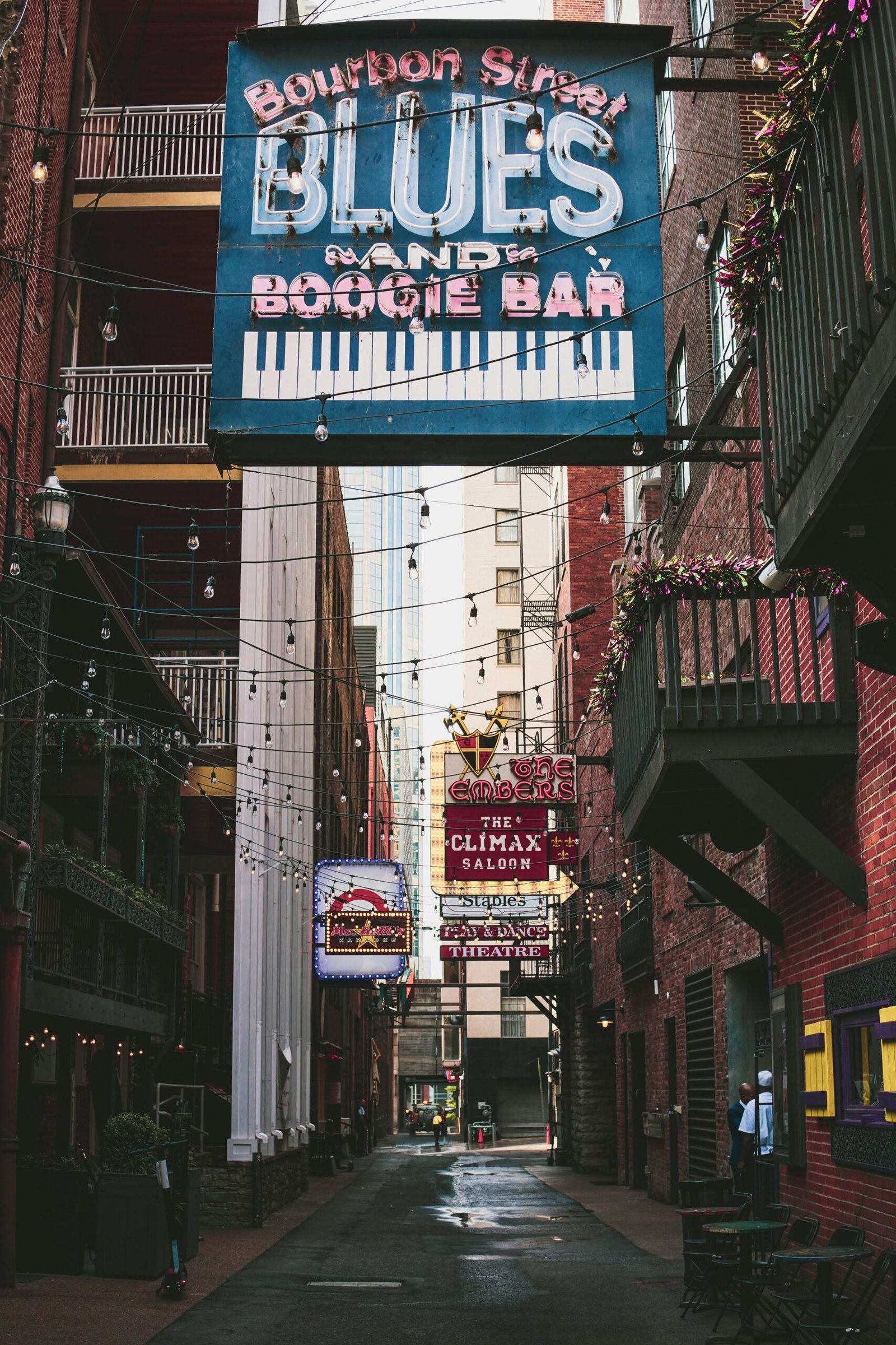The History of the Blues
The blues is a genre of music that originated in the African American communities of the United States in the late 19th century. It has its roots in African musical traditions, spirituals, work songs, and field hollers. The blues emerged as a form of expression for African Americans who were facing oppression, discrimination, and the hardships of daily life.
One of the earliest forms of the blues was the Delta blues, which originated in the Mississippi Delta region. It was characterized by its raw and emotional sound, often accompanied by a slide guitar. Artists like Robert Johnson, Son House, and Charley Patton were pioneers of the Delta blues.
As the blues spread across the country, different regional styles began to develop. In Chicago, the blues took on a more urban sound with the use of electric guitars and a full band. Artists like Muddy Waters, Howlin’ Wolf, and Willie Dixon became synonymous with the Chicago blues sound.
During the 1960s, the blues experienced a revival with the emergence of British blues bands like The Rolling Stones, Led Zeppelin, and Cream. These bands were heavily influenced by the blues and introduced a new generation to the genre.
The Influence of the Blues
The blues has had a profound influence on the development of popular music. Many genres, including rock and roll, R&B, and jazz, have been shaped by the blues.
Rock and roll, in particular, owes a great debt to the blues. Artists like Elvis Presley, Chuck Berry, and Little Richard drew inspiration from the blues and incorporated its rhythms and guitar techniques into their music. The blues provided the foundation for the energetic and rebellious sound of rock and roll.
R&B, or rhythm and blues, also evolved from the blues. Artists like Ray Charles, Sam Cooke, and Aretha Franklin combined elements of the blues with gospel and soul music to create a new and exciting sound. R&B became a popular genre in the 1950s and 1960s and laid the groundwork for modern-day pop and hip-hop.
Jazz, with its improvisational nature, has always had a close relationship with the blues. Many jazz musicians, such as Louis Armstrong, Duke Ellington, and Miles Davis, incorporated blues elements into their compositions and performances. The blues provided a framework for jazz musicians to express themselves and explore new musical ideas.
The Enduring Legacy of the Blues
Despite its humble origins, the blues has had a lasting impact on the music world. It continues to be a source of inspiration for artists of all genres.
Contemporary musicians like Eric Clapton, Stevie Ray Vaughan, and John Mayer have carried on the blues tradition, keeping the genre alive and relevant. They have taken the blues and added their own unique styles and interpretations, ensuring its continued evolution.
Moreover, the blues has become a symbol of resilience and the human experience. Its lyrics often touch on themes of love, loss, and struggle, resonating with listeners on a deep emotional level.
The blues is not just a genre of music; it is a cultural phenomenon that reflects the history and experiences of a community. It has the power to transcend boundaries and bring people together through its universal themes and soulful melodies.
In conclusion, the blues is a genre that has a rich history and a lasting influence on popular music. From its origins in the African American communities of the United States to its impact on rock and roll, R&B, and jazz, the blues has shaped the musical landscape. Its enduring legacy is a testament to its power and significance in the world of music.

